On May 31, 2016 (Tuesday) at 18.00 an exhibition of works of art made from used Tetra Pak packaging was held as part of the prize for the competition "Eco Pack Macedonia" in the hall of the Youth Cultural Center in Skopje. This year's competition "Eco Pack Macedonia" was attended by 31 Eco-Schools with over 90 works of art made of selected Tetra Pak packaging based on the theme "Eco City".
Project Eco Pack is being implemented over nine years amongst the network of eco schools in Slovenia, Croatia and Serbia, and from the academic year 2014/2015 was implemented in Macedonia for the first time. The project is intended to develop awareness of the importance of responsible behavior in children, students, teachers and parents by collecting, sorting, separating and removing the cardboard from used Tetra Pak packaging of milk, yogurt and juice products.
At the competition "Eco Package Macedonia 2016” the following prizes were awarded:
First place: artwork "Green City" from elementary school "Sv. Cyril and Methodius ", Bitola
Second place: artwork "Macedonia Eco City" from elementary school "Sv. Kliment Ohridski", Macedonian
Third place: artwork "Eco City" elementary school "Nikola Karev" Radovitsh
Special prize from the Swedish Embassy in the category "most creative solutions in conveying the theme" has been granted for works of art "Eco Windmill -Eco Energy", "Eco urban-Greenfield" and "Green village" all from the elementary school "Kliment Ohridski" in Dracevo, Kisela Voda.
For special efforts in the project, students with special educational needs from elementary school "Malina Pop Ivanova" from Kocani were rewarded with the artwork "Eco Park".The artwork "Eco building" from the elementary school "Jan Amos Comenius" Karposh and "Modern Eco House" from elementary school "Stiv Naumov" Bitola were rewarded for their most visionary solutions. Special awards for environmental messages were received by students from elementary school "Pere Toshev" Rosoman, elementary school "Nikola Karev" Radovis, elementary school "Nikola Karev", Krusevo and elementary school "Vasil Glavinov" Veles.
Prizes provided by Tetra Pak, OXO, the Swedish Embassy in Macedonia, Bozinovski watches and jewelry and Euro Eco Pack.



















